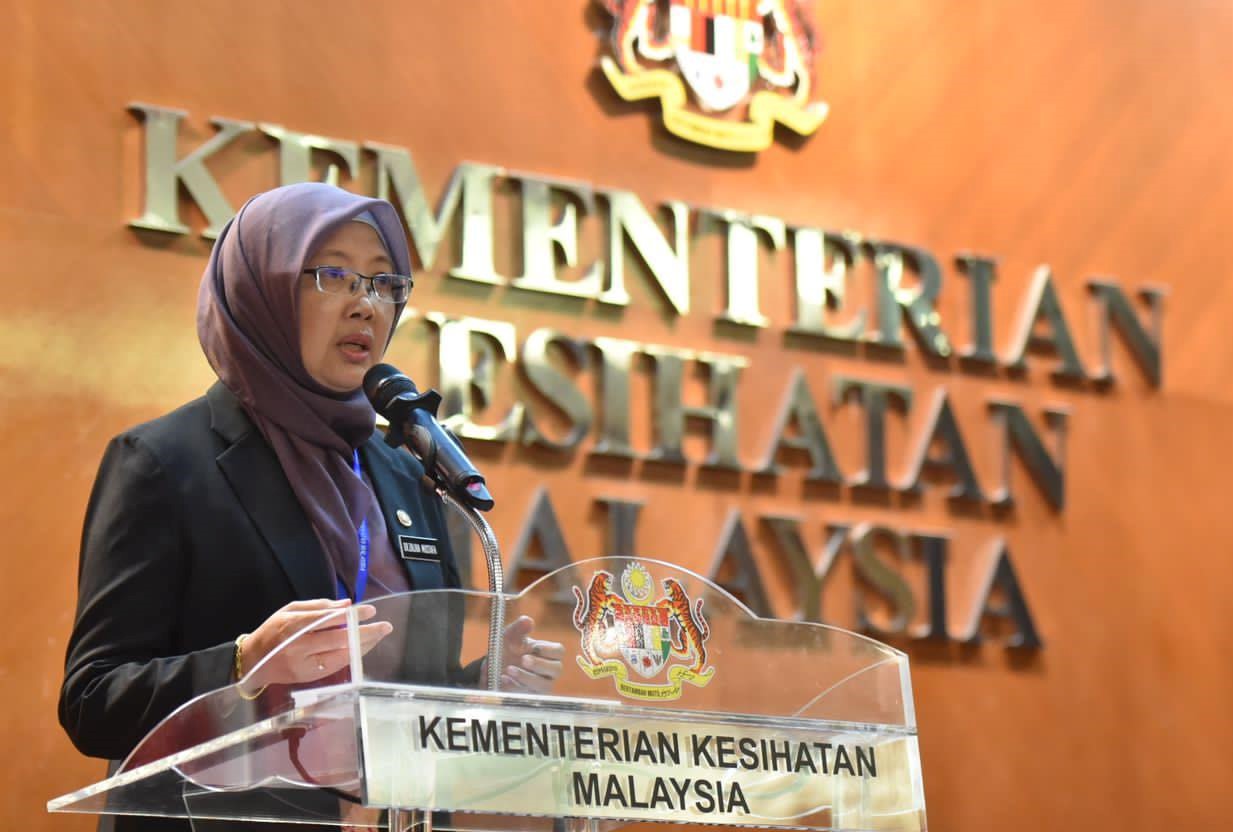Malaysia is exploring a national health insurance scheme funded by employees, employers, and the government that will be “run by the government, non-profit driven, and uses the philosophy of shared responsibility,” says Dr Zaliha Mustafa, the Minister of Health.
Malaysia’s Ministry of Health (MOH) is working on introducing a national health insurance scheme with contributions from employees, employers, and the government in efforts to reform healthcare financing.
In her winding-up speech on the Supply Bill 2024 last Monday, Health Minister Dr Zaliha Mustafa said this was one of the mechanisms under study by the MOH to diversify healthcare financing.
“The ministry is observing and weighing various health financing mechanisms, including the ability to execute a progressive contributory scheme option that is social health insurance, or national health insurance, with contributions from employees, employers, and also the government,” Dr Zaliha told parliamentarians.
“So, this is insurance run by the government, non-profit driven, and uses the philosophy of shared responsibility.
“Apart from that, the ministry is also exploring other options to increase national health funding, including increasing government allocations for health, reviewing the health subsidy Fees Act in a targeted way, using zakat funds and maybe wakaf and also donations.
“Any progressive contribution mechanism scheme that will be proposed needs to be sustainable, equitable and also affordable as well as protect the people from harmful health expenditure.”
Dr Zaliha was responding to Dr Zulkafperi Hanapi (PN-Tanjong Karang), who had urged the health minister to develop a social health insurance scheme, deeming the Peka B40 health screening programme and the Madani Medical Scheme (SPM) to be unsustainable.
SPM provides low-income earners fully subsidised treatment at participating private general practitioner (GP) clinics, capped at RM70 (15.05 USD) for combined consultation and medication per visit. Annual benefits are capped at RM75 (16.12 USD) for singles, RM125 (26.87 USD) for senior citizens, and RM250 (53.74 USD) for households.
Dr Zulkafperi said the cash injections of RM80 million ((17.20 million USD) into Peka B40 and RM100 million (21.49 million USD) into SPM under Budget 2024 are temporary and unsustainable as a form of healthcare financing.
“This medical scheme is good and is much needed by the people, but RM80 and 100 million that is given can only last for a temporary time, and it does not meet the goal of sustainable development at all,” the Tanjong Karang MP from Bersatu told the House during debate on Budget 2024.
“As a long-term solution for universal health coverage which is sustainable and capable of dealing with health care financing issues, Tanjong Karang urges the MOH to immediately develop a national social health insurance scheme, not only a brief note in the Health White Paper (HWP).”
Last June, Dr Zaliha defended the government’s plan to review the fee structure in public healthcare facilities under the MOH.
The health minister said the fees charged in public health care facilities were “very minimal” due to huge subsidies from the government, adding that the MOH did not have the mechanism to collect additional fees even if patients were willing to pay more.
The HWP seeks to make health financing more sustainable and value-driven via increasing investments in health; ensuring the population receives comprehensive and affordable services; and effective healthcare spending.
According to the 12th Malaysian Plan (12MP) mid-term review tabled by Prime Minister Anwar Ibrahim in the Dewan Rakyat last September 11, the government is looking at revamping health care financing.
The mid-term review report also cited the SPM as one of the ways to expand methods of healthcare financing.
Bandar Kuching MP Dr Kelvin Yii, who is also the health minister’s special advisor, said recently that the MOH was currently exploring various social health insurance models, such as in Singapore, South Korea, Taiwan, and Thailand.


